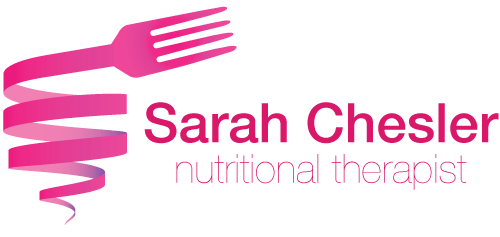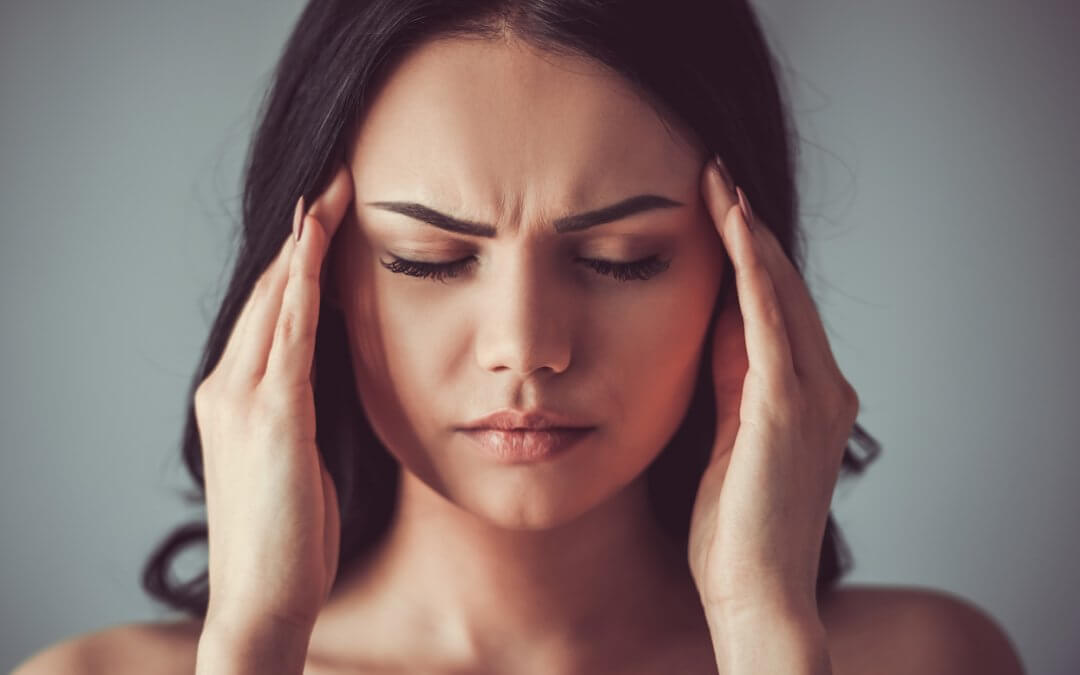Up to 90% of women suffer every single month with premenstrual symptoms, including headaches, breast tenderness, weight gain, mood swings, cravings, irritability and lack of energy. For some, symptoms can be so unbearable that they interfere with normal daily function.
Whilst PMS has a range of possible underlying causes, it is certainly NOT something that you need to live with. Below are my top tips that will hopefully help you go through your monthly cycle symptom-free.
1. Increase dietary fibre. For some women, excess oestrogen in relation to progesterone can be at the root cause of their PMS. Insoluble fibre such as lignin – found in flaxseeds, lentils, oats, rye, chickpeas, beans, sunflower and pumpkin seeds – is key for helping eliminate excess oestrogen out of the body, thus bringing hormones back into balance. Fibre also helps you to feel fuller for longer, which helps reduce sugary cravings.
2. Reduce sugar, caffeine and alcohol. Aim to decrease your personal intake by half as research has shown that the higher the level of sugar in ones diets, the more severe pre-menstrual symptoms can be. Caffeine is a stimulant and can also worsen PMS by fuelling the roller coaster of mood swings and sugary cravings. Alcohol can stress the liver thus affecting its ability to detoxify no longer needed hormones
3. Eat regularly and drink plenty of water. Regular meals and snacks keep blood sugar levels balanced, which is key to reducing PMS. This is because even blood sugar levels assist in regulating stress hormones, which in turn help keep oestrogen and progesterone in balance. Choose fresh whole foods with plenty of vegetables, lean protein and healthy fats found in oily fish.
4. Deal with your stress. Try identifying your personal stressors and work out practical ways that you can reduce this load. Stress reduction strategies like yoga and walking are known to provide stress relief and could help you deal with stress more effectively.
5. Increase magnesium, calcium, B vitamins and myo-inositol. Magnesium helps calm and sooth ones body leading to better quality sleep and a reduction in PMS symptoms including anxiety, tension and headaches. Low calcium has been linked with irritability, anxiety, low mood, fatigue and muscle cramps. The B vitamins, especially B6 are crucial for hormone balance and myo-inositol has been associated with significantly reducing symptoms and improving specific symptoms such as mood and behavioural disorders.







